Disclosure: This article contains affiliate links. We may earn a commission from purchases at no extra cost to you, which helps our travel content.
Though I'm writing this beneath Canberra's Southern Cross, my mind wanders to Tunisia's North Star, where the Mediterranean whispers against ancient shores. As an astrophysicist who splits his existence between observatory domes and thermal springs, I found Tunisia to be an unexpected confluence of my passions—a place where the night sky burns with unparalleled clarity and where centuries-old hammams offer respite for the weary traveler. While my journey differed from what a solo female traveler might experience, I've compiled insights from the brilliant women astronomers and adventurers I met along the way, creating this guide for those seeking both celestial and terrestrial wonders.
Navigating Sidi Bou Said: A Symphony in Blue and White
The moment you step into Sidi Bou Said, you're enveloped in a chromatic duet of azure and alabaster that would make even the most precise astronomical color spectrum seem mundane. This cliffside village overlooking the Mediterranean isn't just aesthetically stunning—it's mathematically perfect, with proportions that reminded me of the golden ratio we often observe in spiral galaxies.
For solo female travelers, I recommend beginning your exploration early, around 8 AM, when the village awakens but before tour buses arrive. My research colleague Amina, a Tunisian astrophysicist who guided me here, emphasized that mornings offer both safety and serenity for women exploring alone. The narrow pathways feel like private observatories of daily Tunisian life rather than tourist thoroughfares.
As you navigate the cobalt-trimmed streets, stop at Café des Délices for mint tea served with pine nuts—the panoramic view rivals my favorite observatory platforms in Chile. I found myself sketching constellation patterns while local artists painted seascapes beside me, a perfect cultural exchange without words.
For those who, like me, prefer to travel light but need to document everything, I've found the travel journal with its expandable pockets perfect for collecting pressed bougainvillea flowers and sketching architectural details that catch your eye.
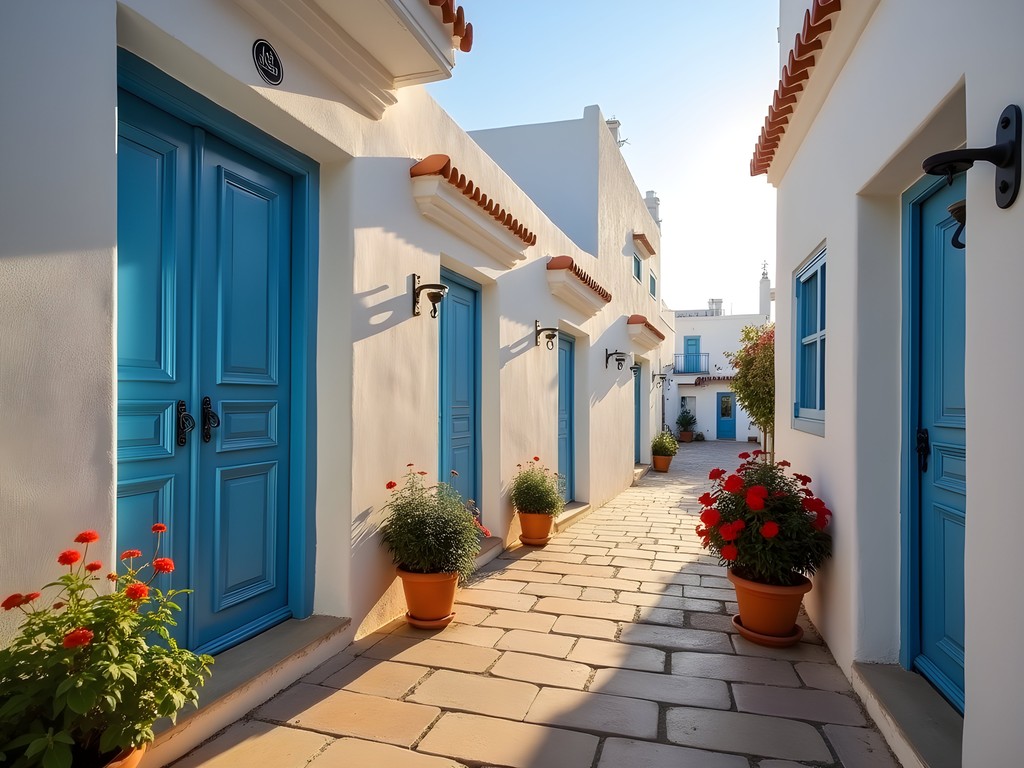
💡 Pro Tips
- Visit Sidi Bou Said on weekdays to avoid weekend crowds from Tunis
- Wear comfortable shoes with good grip—those picturesque cobblestones become slippery when wet
- Learn basic French phrases as they're more widely understood than English in this region
Astronomical Wonders: Stargazing in the Sahara
The true reason Tunisia captured my heart lies beyond its coastal charm—in the vast emptiness of its southern desert, where light pollution dissolves into nothingness and the cosmos reveals itself with startling clarity. For female travelers concerned about desert excursions, I recommend the established tours departing from Douz, Tunisia's gateway to the Sahara.
My colleague Sophie, who researches exoplanets at Paris Observatory, joined a women-only desert expedition that allowed for extraordinary night photography sessions. "The guides were professional and respectful," she told me, "and the experience of seeing the Milky Way reflected in the sand dunes is something I'll never forget."
I've analyzed atmospheric conditions across numerous observation sites globally, and the Sahara's combination of high elevation, minimal moisture, and distance from urban centers creates ideal stargazing conditions. For travelers without professional equipment, I recommend the night sky guide which uses simple reference points to identify celestial bodies without technical knowledge.
For those planning extended night photography sessions, a rechargeable hand warmer becomes essential—desert temperatures plummet dramatically after sunset, and cold fingers struggle with camera settings. This dual-purpose device also charges your phone, addressing two critical needs with minimal pack weight.
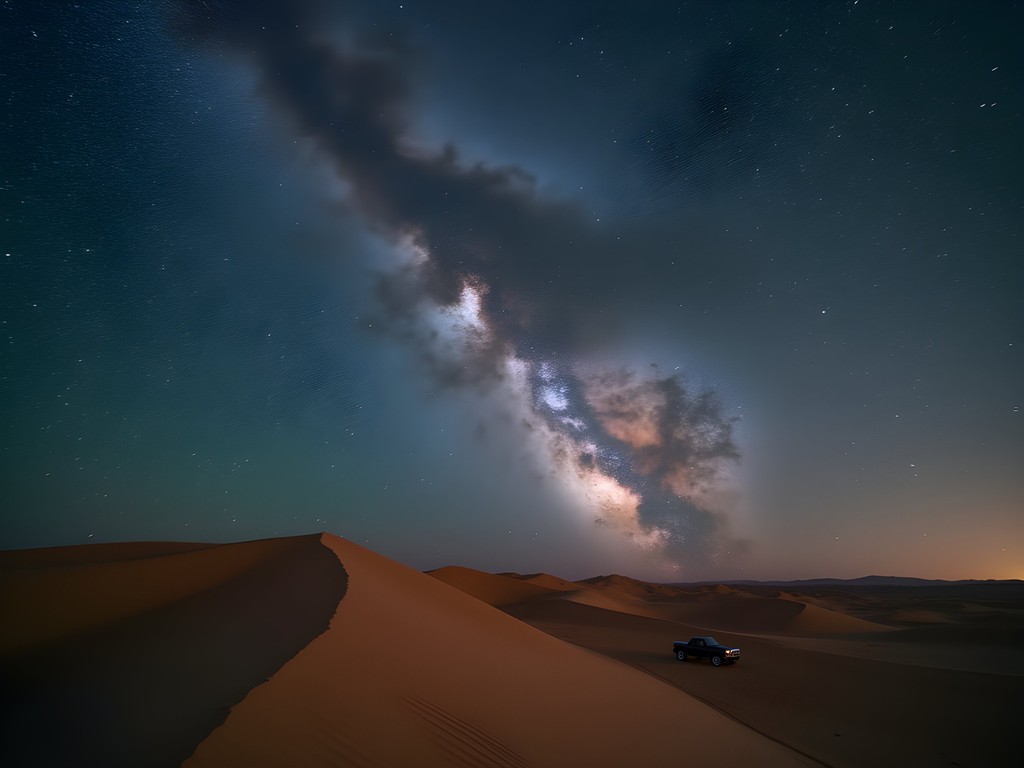
💡 Pro Tips
- Book desert excursions through your accommodation rather than street vendors
- Pack thermal layers even in spring—nighttime temperatures drop dramatically
- Download a star chart app that works offline before heading into remote areas
Hammam Experiences: Cultural Immersion & Wellness
Growing up with a mother who managed Marseille's premier spa instilled in me an appreciation for wellness traditions across cultures. Tunisia's hammams represent not just physical rejuvenation but living archaeological sites where Roman bathing practices merged with Arabic purification rituals.
For solo female travelers, hammams offer a uniquely gender-segregated space to experience authentic Tunisian culture. Most operate with separate facilities or designated women-only hours. My research partner Fatima recommended Hammam Dar El Jeld in Tunis for its historical significance and women-only morning sessions.
The traditional sequence begins with relaxation in the warm room (beit al-harara), followed by exfoliation with a special mitt called a kessa, and concludes with a clay mask application. While this might seem familiar to spa-goers, the communal aspect creates an anthropological window into Tunisian social structures.
One essential item that surprised me was the quick-dry travel towel. Most hammams provide minimal toweling, and having your own compact, fast-drying option proves invaluable, especially when continuing your day's explorations afterward.
For sensitive skin unaccustomed to vigorous scrubbing, I suggest bringing a gentle exfoliating glove to use instead of the traditional kessa, which can be quite abrasive for newcomers to the practice.
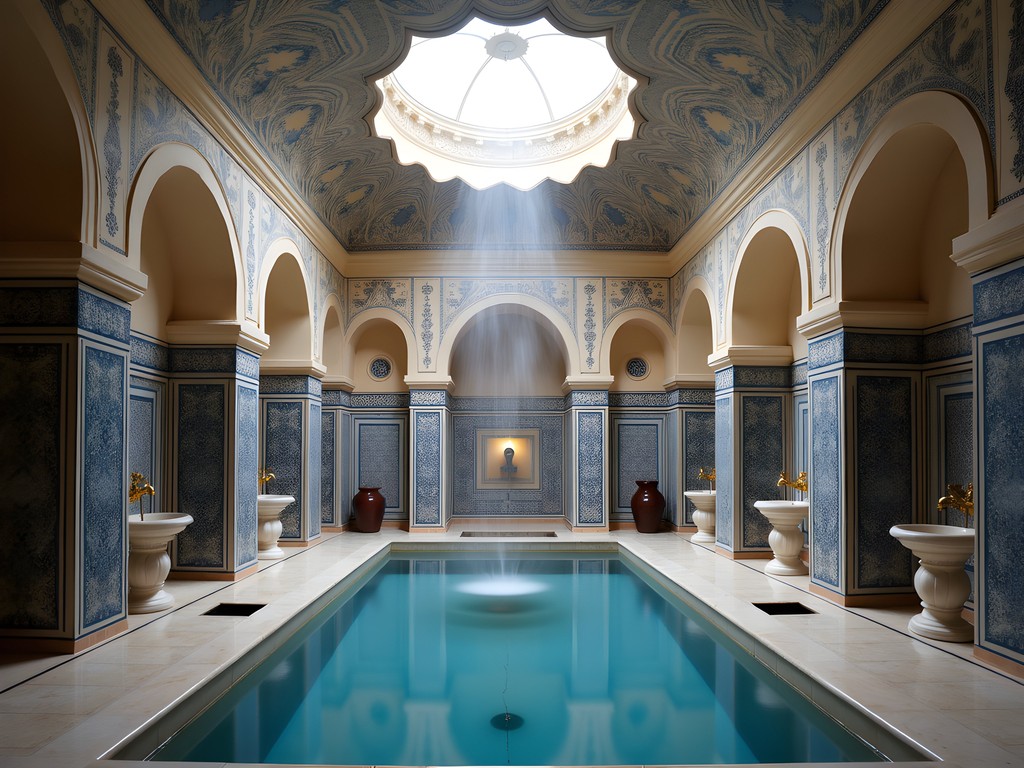
💡 Pro Tips
- Bring your own flip-flops for hammam visits
- Learn the basic hammam etiquette before visiting to avoid cultural misunderstandings
- Schedule hammam visits for mornings when they're less crowded and cleaner
Cultural Navigation: Safety & Social Etiquette for Solo Women
Tunisia exists at a fascinating intersection of Mediterranean openness and traditional North African values—a duality that requires thoughtful navigation, particularly for solo female travelers. During my research expedition, I observed distinct differences in social expectations between coastal tourist zones and interior regions.
My colleague Dr. Yasmine Ben Ahmed, who leads archaeological astronomy projects at Carthage, shared invaluable insights: "Tunisia isn't a monolith. Coastal cities like Tunis embrace cosmopolitan attitudes, while rural areas maintain more conservative perspectives." She recommends adapting attire accordingly—shoulders covered and knee-length garments inland, while beach areas permit standard Western swimwear.
For day-to-day exploration, I've found that a convertible travel scarf serves multiple functions—providing appropriate coverage when visiting religious sites, protection from the intense Mediterranean sun, and a discreet security pocket for valuables.
Language creates unexpected bridges in Tunisia. The country's educational system emphasizes French, making it more widely understood than English. Even basic French phrases open doors that remain closed to English-only speakers. My elementary school French from Marseille facilitated connections with local astronomers who later invited me to their university's observation facilities—an experience unavailable to typical tourists.
For evening navigation in Tunis or Sidi Bou Said, a compact flashlight proves essential. Tunisia experiences occasional power fluctuations, and many atmospheric alleyways lack adequate lighting despite their charm.
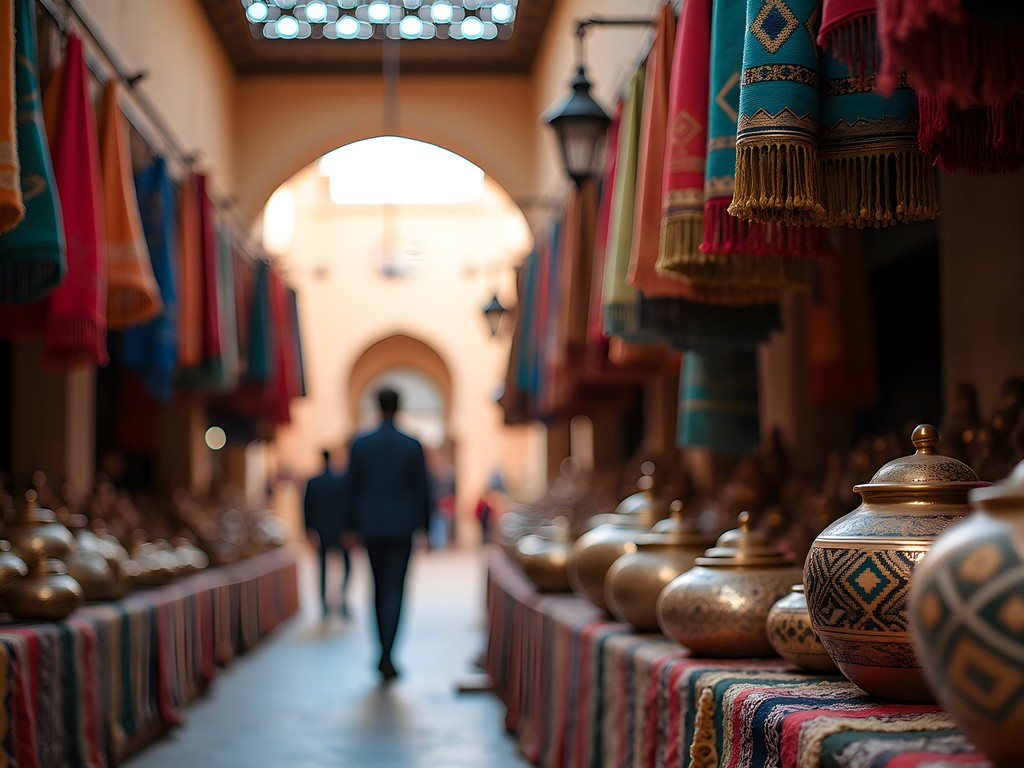
💡 Pro Tips
- Dress modestly in gradient—more conservative in markets and religious sites, more relaxed in international hotels and beaches
- Learn to gracefully decline persistent vendors with a smile and 'La shukran' (no thank you in Arabic)
- Use transportation apps like Bolt rather than hailing street taxis, especially at night
Practical Logistics: Transportation & Accommodation
My scientific expeditions have taught me that logistics determine success as much as theoretical knowledge does. In Tunisia, this principle holds especially true for solo female travelers, where thoughtful planning enhances both safety and experience quality.
For intercity travel, Tunisia's louage system—shared minivans operating on flexible schedules—offers an economical alternative to trains, though comfort varies significantly. My research partner Leila recommends front seats for solo women travelers to avoid uncomfortable crowding. For destinations like Douz (gateway to the Sahara), private transportation becomes necessary as public options diminish in frequency.
Accommodation selection proves critical for solo travelers. I've found that smaller, family-run guesthouses (dars or maisons d'hôtes) in Sidi Bou Said offer superior experiences to large hotels. These establishments typically feature 4-10 rooms around a central courtyard and provide invaluable local connections. My host at Dar Said introduced me to a local astronomer who arranged after-hours access to Carthage's archaeological sites for night photography.
For remote desert excursions, I recommend the portable door lock for additional security in accommodations with basic locking systems. This lightweight device adds peace of mind without adding significant weight to your pack.
Maintaining communication capabilities remains essential for safety. The international power adapter with multiple USB ports ensures all devices remain charged regardless of regional socket variations. Tunisia primarily uses European-style plugs, but older buildings sometimes feature surprising exceptions.
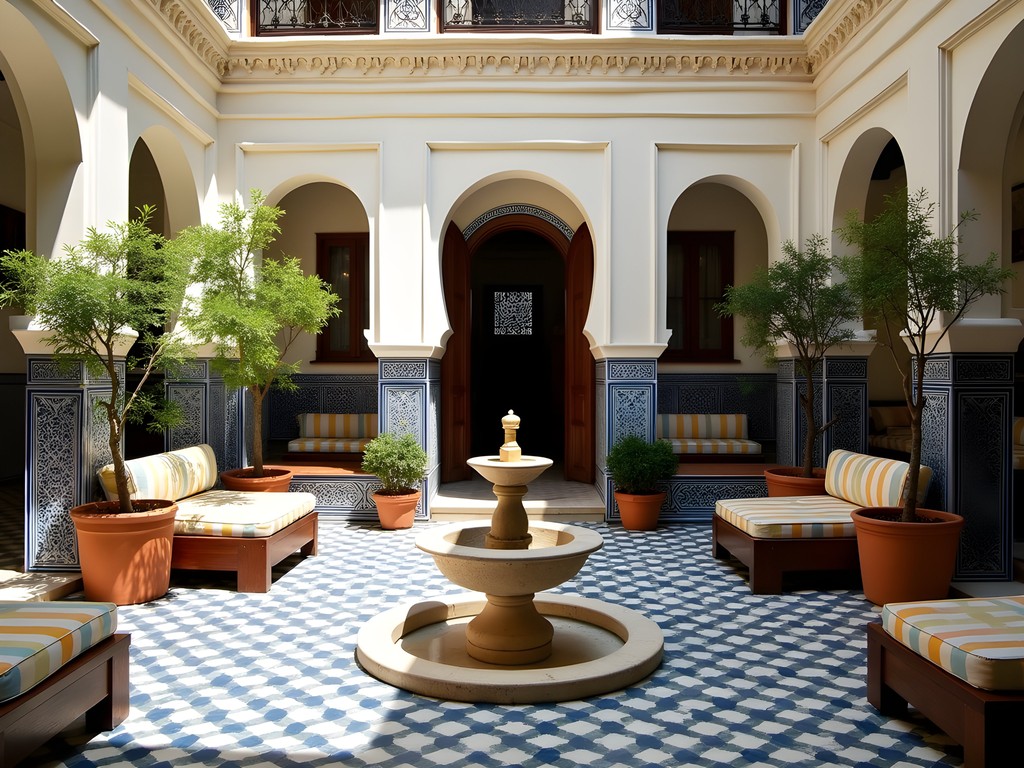
💡 Pro Tips
- Book accommodations with airport pickup service for smooth arrivals, especially for late-night flights
- Take photos of taxi license information before entering and share your location with someone when using transportation
- Request rooms away from street noise but not isolated from main areas in hotels
Final Thoughts
As I calibrate my telescope beneath Canberra's southern skies, my thoughts often drift to Tunisia's celestial theater, where ancient astronomers once tracked the same cosmic bodies I study today. For the solo female traveler, Tunisia offers a journey through both space and time—a place where you can touch 3,000-year-old Carthaginian walls in the morning and witness the birth of distant stars by night.
The country's liminal position—not quite African, not fully European, not entirely Middle Eastern—creates a cultural parallax that challenges and enriches the solo traveler's perspective. Like the best scientific discoveries, the most meaningful travels emerge from embracing uncertainty and methodical exploration.
I encourage you to approach Tunisia with both careful preparation and openness to serendipity. Pack your star charts alongside your cultural guidebooks; bring your astronomical curiosity alongside your respect for local traditions. The country rewards those who observe carefully and participate genuinely.
As my mother would say after our kayaking expeditions along Marseille's calanques: "Les plus beaux voyages sont ceux qui répondent aux questions que nous ne savions pas poser." The most beautiful journeys are those that answer questions we didn't know to ask.
✨ Key Takeaways
- Tunisia offers exceptional stargazing opportunities in the Sahara that rival professional observatories
- Female travelers should adjust cultural expectations between coastal and inland regions
- Small, family-run accommodations provide both safety and cultural immersion opportunities
- The country's hammam tradition offers unique wellness experiences and cultural insights
- Spring visits balance comfortable temperatures with pre-tourist season tranquility
📋 Practical Information
Best Time to Visit
Spring (March-May) when temperatures are moderate and desert flowers bloom
Budget Estimate
$35-50/day for mid-range travelers (excluding desert excursions)
Recommended Duration
10-14 days to experience both coastal areas and desert
Difficulty Level
Intermediate

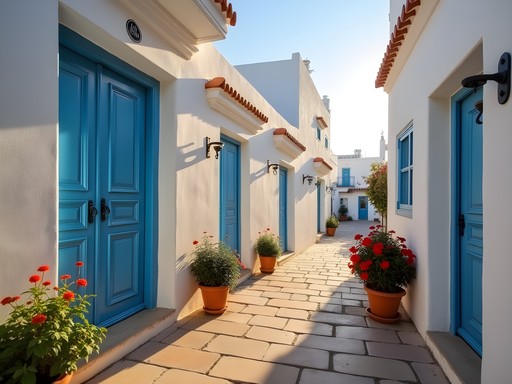
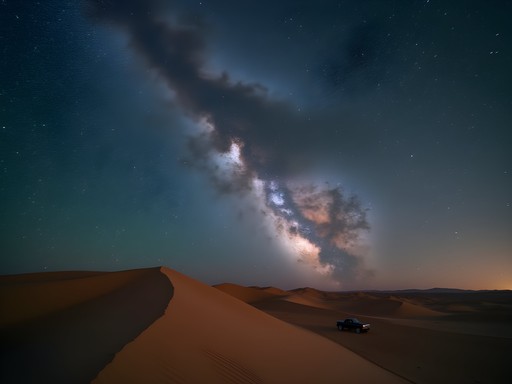
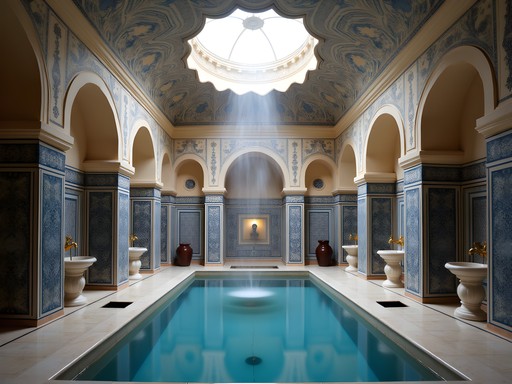
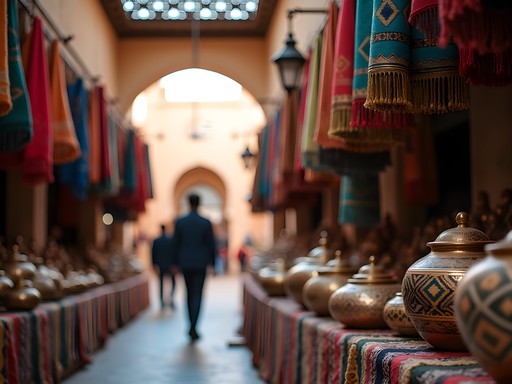
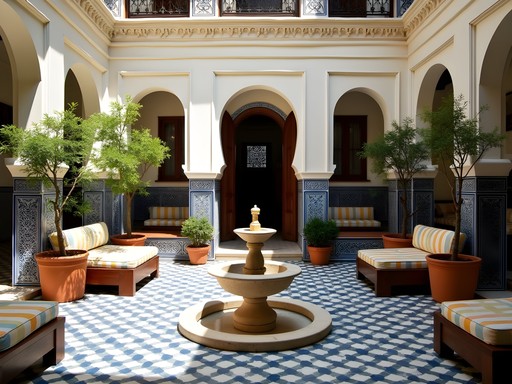


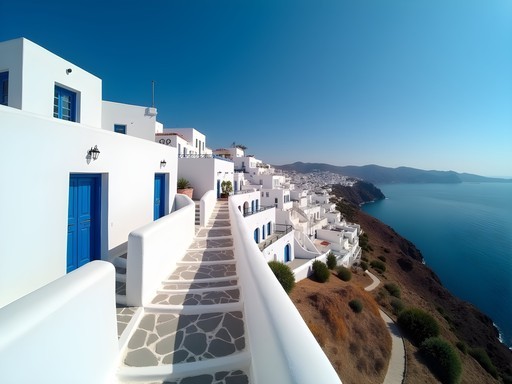
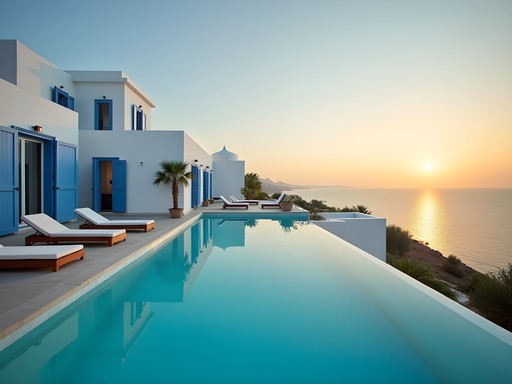
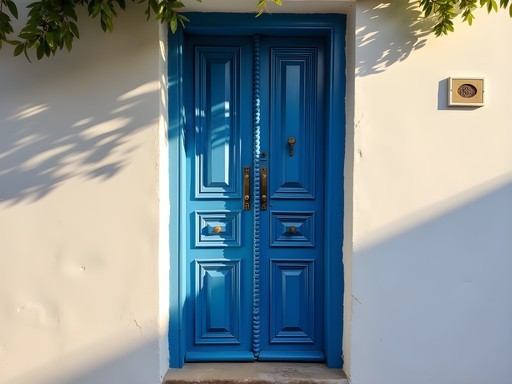
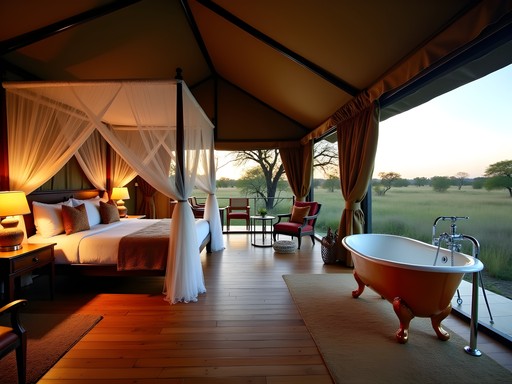
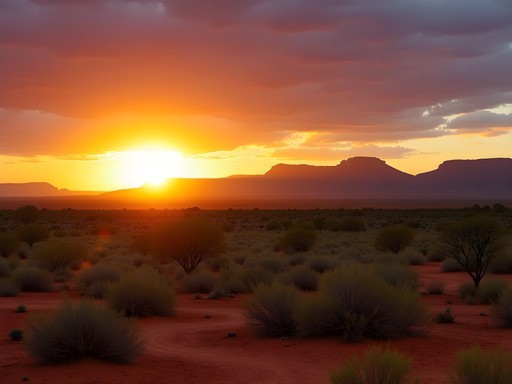
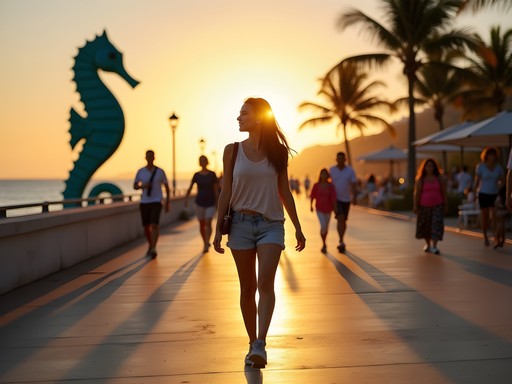

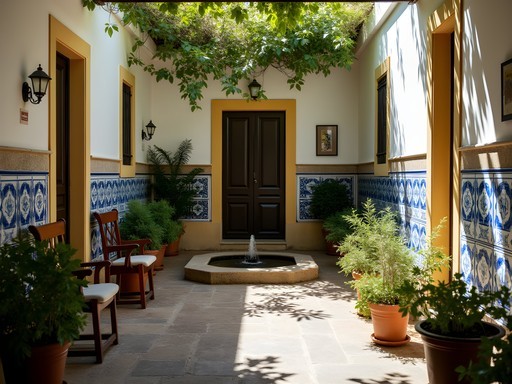
Comments
roammate
Good post. Just got back from Tunisia actually. One tip - download offline maps before heading to the desert. Cell service is spotty and GPS saved me a couple times when navigating between small towns. Also the mint tea there is incredible, drink it everywhere.
smartguy
Thanks for the offline maps tip!!
journeyguide9883
The photos are stunning! Adding this to my bucket list
Jean Wells
Excellent guide, Connor. Your safety section is particularly well-balanced - neither alarmist nor dismissive. I spent two weeks solo in Tunisia last spring and found the harassment level manageable with firm boundaries and appropriate dress. The stargazing angle is brilliant; I focused more on Roman ruins but wish I'd allocated time for desert astronomy. One practical note: I carried my portable door lock for budget accommodations and it provided peace of mind, especially in smaller guesthouses outside major cities.
Sophia Gomez
Connor, this brought back so many memories! I visited Tunisia three years ago and Sidi Bou Said absolutely stole my heart. Those blue doors against whitewashed walls - I must have taken 500 photos. One thing I'd add for solo female travelers: the women I met at the local hammam in Tunis became some of my favorite travel memories. They were so welcoming and patient with my terrible French. It's such an authentic way to connect with local culture beyond the tourist sites.
Jean Wells
Sophia, completely agree about the hammam experience. I found it invaluable for understanding local women's social dynamics. Did you go to a tourist hammam or a local one?
Sophia Gomez
Local one in the medina! My host recommended it. Much more authentic and affordable.
sunnybackpacker
Planning my trip for April! How many days would you recommend for the Sahara portion? And did you book tours in advance or just wing it?
Connor Gupta
I'd say minimum 3 days for Sahara - gives you time to really experience the desert. I booked my tour once I arrived in Douz, plenty of options there and you can negotiate better prices in person.
sunnybackpacker
Perfect, thanks so much!
smartguy
Wow this is amazing!! Never thought about Tunisia for stargazing
Megan Martin
Connor, your perspective as an astrophysicist adds such a unique dimension to this guide! I spent three weeks in Tunisia earlier this year and can confirm your safety tips are spot-on. For solo female travelers, I'd add that the louage (shared taxis) are actually quite safe and much faster than trains for getting between cities. Just make sure to arrive early at the stations as they only depart when full. The stargazing in the Sahara was truly life-changing - I've never seen the Milky Way so clearly! Did you have a favorite constellation to observe from there?
roamone
Love this guide! The hammam section was super helpful - was nervous about trying it but now I'm excited for my trip next month!
Megan Martin
The hammam experience is incredible! Just remember to bring your own toiletries or you'll end up paying premium prices at the hammam. I use a travel toiletry set which is perfect for these situations.
roamone
Thanks for the tip! Will definitely pack my own stuff.
mountainway
I visited Tunisia last year as a solo traveler and Sidi Bou Said was definitely the highlight! Those blue and white buildings are even more stunning in person than in photos. For anyone planning to go - definitely try the mint tea with pine nuts at Café des Délices while watching the sunset over the Mediterranean. The view is absolutely worth the tourist prices. Did you have any issues with photography in the more rural areas? I found some locals were hesitant.
Megan Martin
The sunset at Café des Délices is magical! I had similar experiences with photography in smaller villages. I found asking permission first and showing people the photos afterward helped build trust. Sometimes offering to send them the photos via WhatsApp created wonderful connections!
mountainway
That's a great tip about WhatsApp! Wish I'd thought of that. Did you make it to the Sahara for stargazing?
Casey Andersson
Connor, your astrophysicist's perspective on the Sahara night sky brought back such vivid memories of my time there last winter! I stayed at a luxury desert camp near Douz and the stargazing experience was transformative. For any solo female travelers concerned about safety in Tunisia - I found having a local SIM card essential for navigation and peace of mind. The hammam tip is spot on too - I'd add that bringing your own exfoliating glove is a good idea if you're particular about skincare. Sidi Bou Said truly is that perfect blue and white postcard come to life, though I'd recommend visiting early morning to avoid the day-trip crowds. Your astronomical insights added a dimension to Tunisia I hadn't considered before!
cityexplorer
Casey, which mobile provider did you use for your SIM card there?
Casey Andersson
I used Ooredoo - you can get them right at the airport and the coverage was excellent even in remote areas. About 30 dinars for 10GB which lasted my whole 2-week trip.
Venture X
Premium card with 2X miles, $300 travel credit, Priority Pass